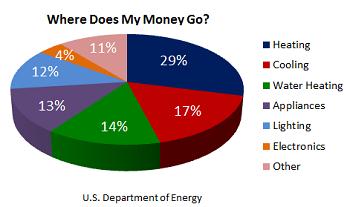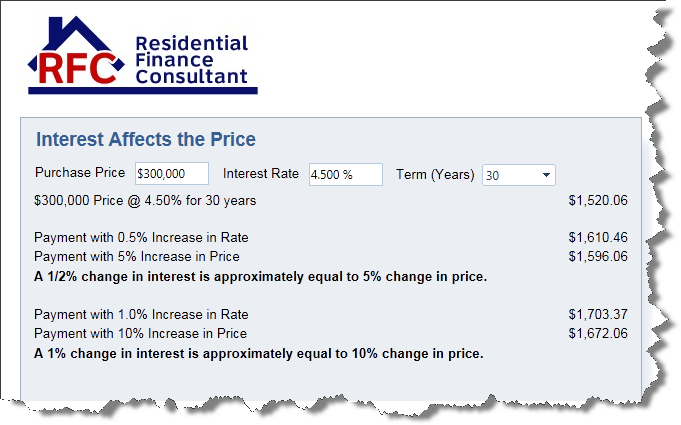Retirement Without a Mortgage
Planning for retirement is obviously important and many times, an activity plagued by procrastination. Some people plan to have their home paid for by that magical date so they won’t have payments after they retire. It makes sense to eliminate a large recurring expense before they quit working.
One strategy would be to be make regular principal contributions in addition to the payments so that it will eliminate the debt by the target retirement date.
Let’s say that a homeowner refinanced their $200,000 mortgage at 4% last year with the first payment due on May 1, 2012. Under normal amortization, the home would be paid for at the end of the term; 30 years in this example.
By making additional principal contributions with each payment, it would accelerate the payoff on the home. An extra $250.00 a month would pay off the mortgage in 10 years. $524.55 extra with each payment would pay off the loan in 15 years; and $796.23 would pay off the loan in 12 years.
Having a home paid for at retirement has the obvious benefit of no house payment. It is also a substantial asset that could be borrowed against or sold if unanticipated events should occur.
Another strategy might involve purchasing a smaller home now to use as a rental that you intend to live when you retire; see Retirement Home Now.
To make some projections to pay off your own mortgage, use this Equity Accelerator.










